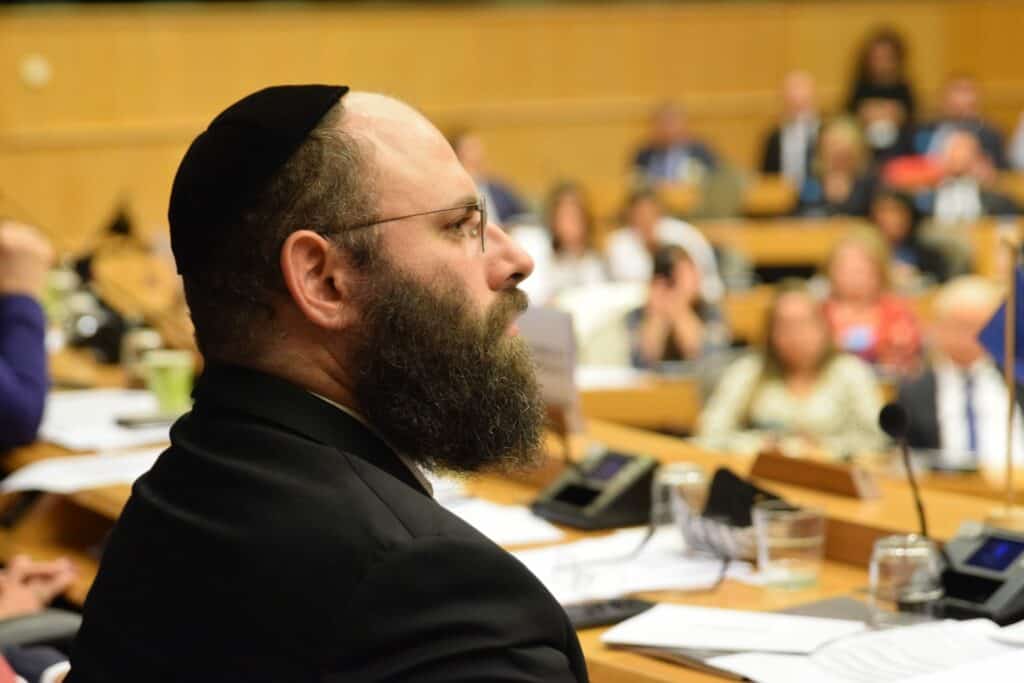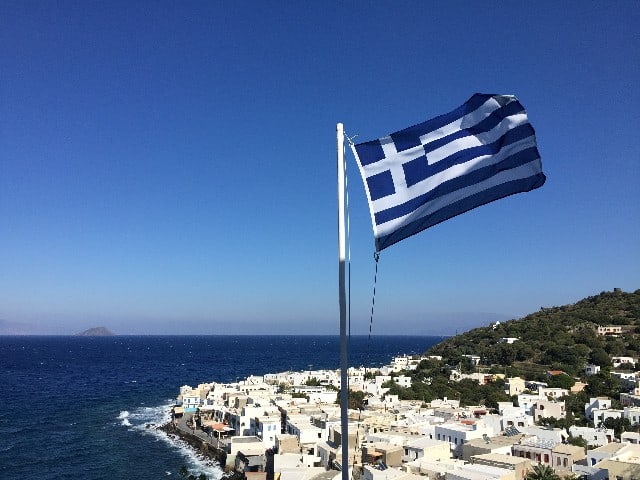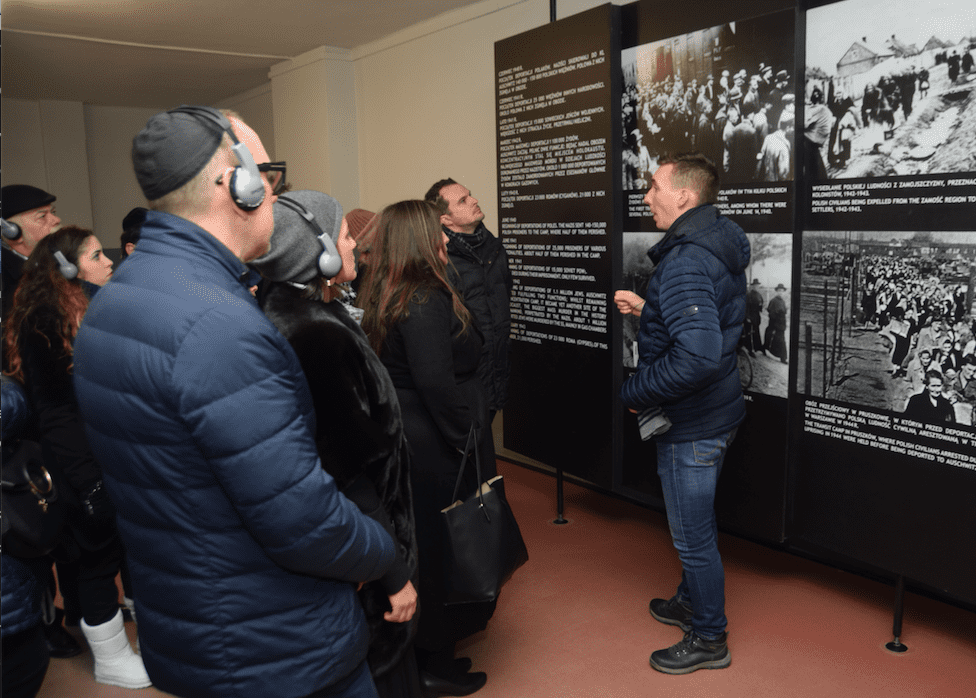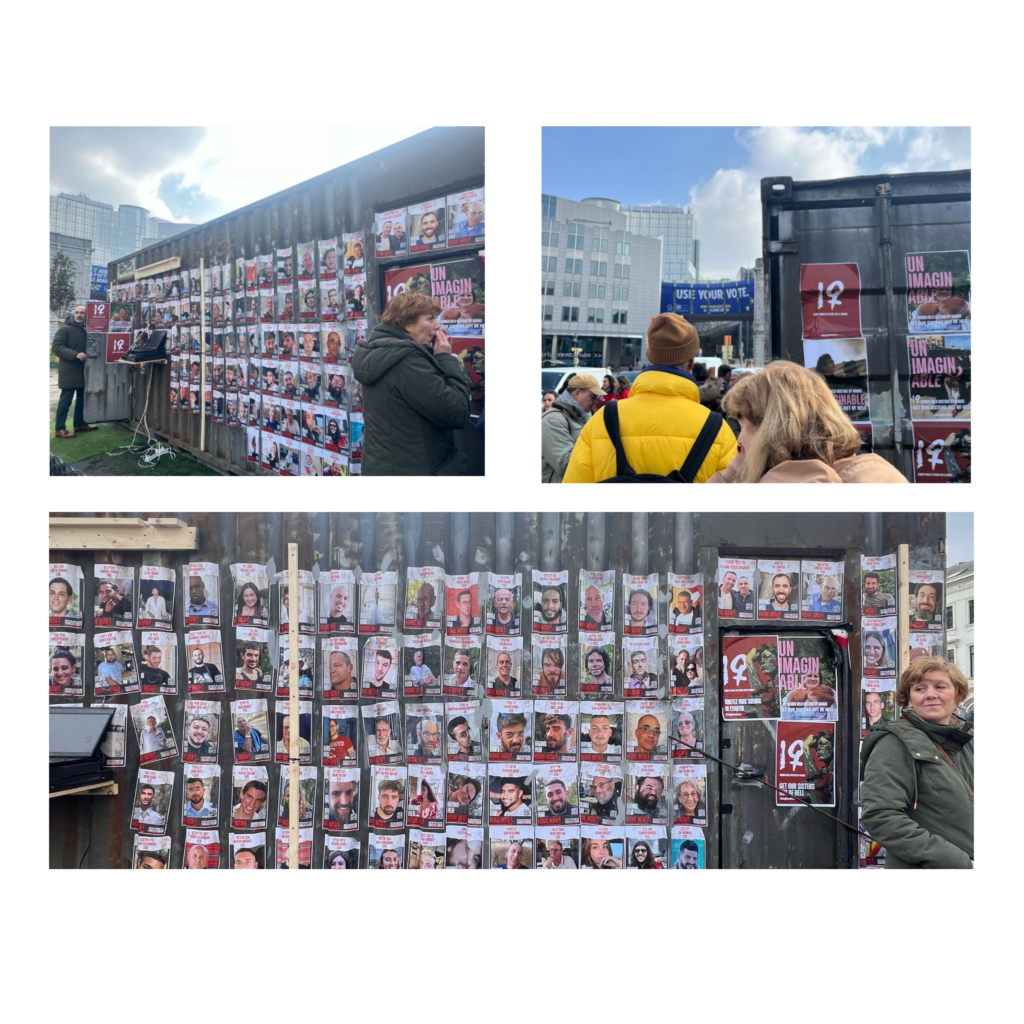If the European Union wants to welcome Jews and Muslims, it needs to make their legitimate religious practices welcome as well.
Last week, the Court of Justice of the European Union (CJEU), the EU’s highest court, dealt a serious blow to ritual Jewish and Muslim methods of animal slaughter. The court upheld a Belgian law that requires that animals must be stunned before they are killed. Neither Jewish nor Muslim law allows for stunning in the slaughter process.
Proponents of the CJEU ruling and supporters of the Belgian law assert that the stun-first approach is more humane. Critics argue that properly executed slaughter is less painful and less traumatic for the animals. Either way, the ruling is a serious setback for religious freedom in Europe. And it isn’t clear whether the ruling would also prohibit the importation of slaughtered meat that has not observed the stun-first requirement.
Rabbi Pinchas Goldschmidt, president of the Conference of European Rabbis, urged reconsideration. “Europe needs to reflect on the type of continent it wants to be. If values like freedom of religion and true diversity are integral, then the current system of law does not reflect that and needs to be urgently reviewed,” he said.
According to the CJEU, its ruling actually protects religious practices and doesn’t prohibit any religious observance. It argued that the ruling permitted religious practices since it “allow[s] a fair balance to be struck between the importance attached to animal welfare and the freedom of Jewish and Muslim believers to manifest their religion.”
That superficial analysis by the CJEU is remarkably naive and misinformed, since it improperly assumes that religious slaughter can be performed on a stunned animal. It cannot. And, besides, Jews and Muslims don’t want to “manifest” their religion — they want the freedom to practice their religions.
Two distinct elements in European society are promoting the ban on ritual slaughter. Opponents on the left are concerned about animal welfare, and see ritual slaughter as inhumane. Opponents on the far right are ultranationalists, who see Jewish and Muslim practices as alien imports to Christian Europe. Strange bedfellows, indeed. But through their issue alliance, opposition to ritual slaughter has taken on a life of its own, without regard to the sensibilities of Jews and Muslims.
According to Rabbi Menachem Margolin, the head of the Brussels-based European Jewish Association, had Belgium’s parliament “engaged properly with Jewish community officials before banning the practice, some satisfactory solutions could have been found, as has been the case in the Netherlands and elsewhere, because the method of slaughter is not crueler or [more] painful to animals than other methods.” But no such effort was made.
Not every Jew in Europe eats kosher meat. But the availability of kosher food is one of the markers of a thriving Jewish life. In a pluralistic society, every effort must be made to enable such religious observances. If the European Union wants to welcome Jews and Muslims, it needs to make their legitimate religious practices welcome as well.
Read More
“We are now very close to opening this corridor, hopefully this Saturday-Sunday and I’m very glad to see an initial pilot will be launched today,” said European Commission Ursula von der Leyen a visit to Cyprus where she met Cypriot President Nikos Christodoulides.
Israel on Friday welcomed the inauguration of a maritime corridor from Cyprus to the Gaza Strip.
‘’The Cypriot initiative will allow the increase of humanitarian aid to the Gaza Strip, after security checks are carried out in accordance with Israeli standards,’’ a satement from the Israeli foreign mionistry said.
‘’Israel will continue to facilitate the transfer of humanitarian aid to the residents of the Gaza Strip in accordance with the rules of war and in coordination with the United States and our allies around the world.’’
The statement added that Israel ‘’will continue the fight against Hamas — an organization that calls for the destruction of the State of Israel and carried out the 7 October massacre — until its elimination and the return of all the hostages.’’
‘’It is very important that additional countries join the Cypriot initiative and the international effort to transfer aid,’’ the foreign ministry said.
On the same day, the European Commission, Germany, Greece, Italy, the Netherlands, the Republic of Cyprus, the United Arab Emirates, the United Kingdom, and the United States announce their intent to open a maritime corridor ‘’to deliver much-needed additional amounts of humanitarian assistance by sea.’’
‘’The humanitarian situation in Gaza is dire, with innocent Palestinian families and children desperate for basic necessities,’’ they said in a joint statement.
“We are launching this Cyprus maritime corridor together, the European Union, the United Arab Emirates, and the United States,” Von der Leyen said after a visit to facilities in Cyprus.
“We are now very close to opening this corridor, hopefully this Saturday-Sunday and I’m very glad to see an initial pilot will be launched today,” said European Commission Ursula von der Leyen a visit to Cyprus where she met Cypriot President Nikos Christodoulides.
“The maritime corridor can make a real difference to the plight of the Palestinian people, but in parallel, our efforts to provide humanitarian assistance through all possible routes will continue,” she said in a joint press conference in Larnaca.
The sea corridor is due to formally open this weekend, with a first pilot operation to leave either on Satrday or Sunday, when the right conditions are in place.
It comes just hours after US. President Biden announced in his annual State of the Union speech that the US will set up a port on the Gaza coast to ramp up the delivery of lifesaving aid.














